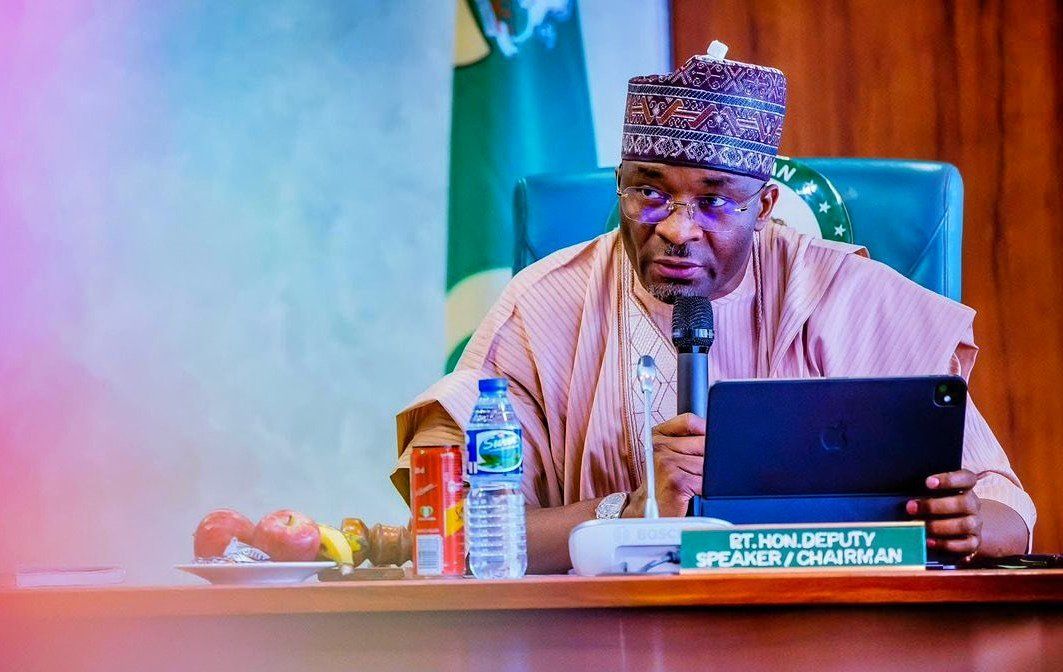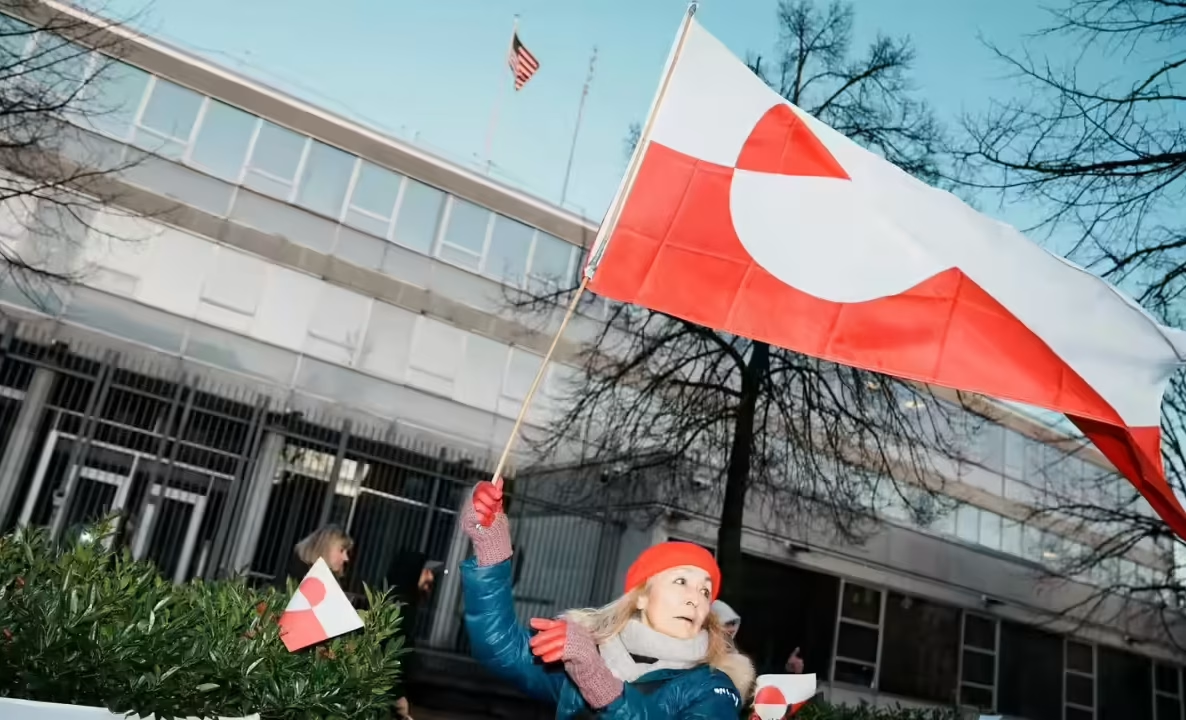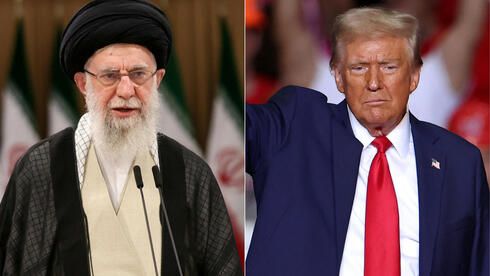
Deputy Speaker of Nigeria’s House of Representatives, Benjamin Kalu, has underscored the pivotal role of parliaments in advancing multilateralism through digital trade.
Speaking on the sidelines of the ongoing 55th Parliamentary Conference of the World Trade Organization/Inter-Parliamentary Union (WTO-IPU) Steering Committee session of the WTO Public Forum 2025 in Geneva, Switzerland, Kalu described digital trade as a defining governance challenge shaping entrepreneurs’ daily realities and future opportunities for youth.
He noted that Africa is proactively building regional multilateralism through the African Continental Free Trade Area (AfCFTA) and its Protocol on Digital Trade, aimed at creating a harmonized and integrated digital market.
Highlighting Nigeria’s legislative strides, including the Nigeria Data Protection Act of 2023 and the proposed National Digital Economy Bill, Kalu said parliaments across Africa are actively shaping the future of digital trade.
He said, “The digital economy is no longer a distant promise; it is the daily reality of our entrepreneurs and the horizon of opportunity for our youth. In Africa, we have chosen not to wait for others to write our future.
“Through the African Continental Free Trade Area (AfCFTA) and its Protocol on Digital Trade, we are building our own regional multilateralism, a blueprint for a harmonized, integrated digital market.
Kalu highlighted the importance of enforcement in making rules effective proposed three steps for coordinated action.
These steps included a legislative tracking mechanism; concrete WTO support for AfCFTA implementation to deepen digital trade in Africa, and a model digital trade legislative toolkit developed with UNCTAD and ITC to equip parliaments with best-practice laws for a pro-development digital economy.
Kalu essentially called for a collective action amongst parliamentarians, stressing that a digital trade can become a bridge linking trust, opportunity, and inclusive essential rather than a new divide.



